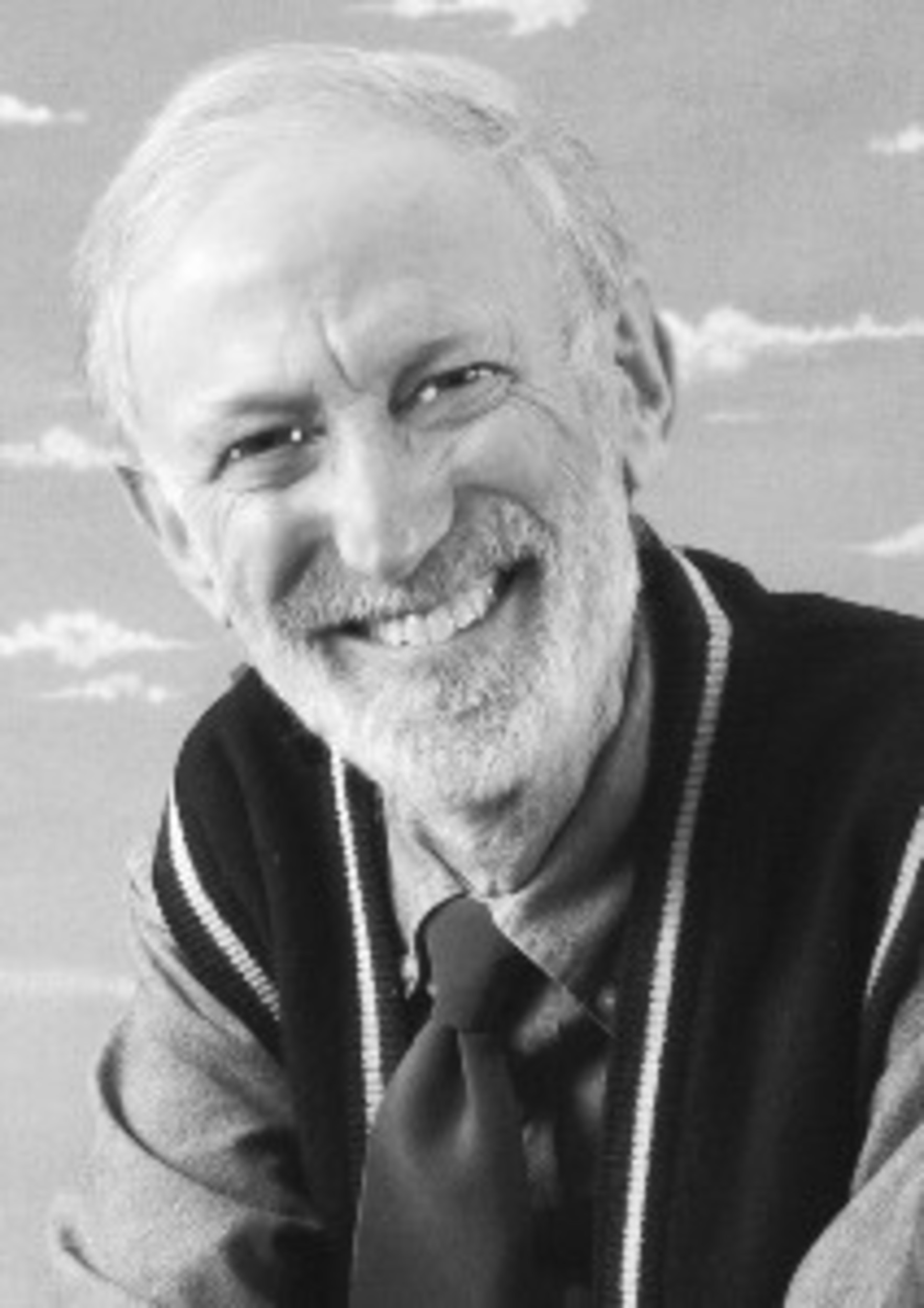The promise, the hope of ‘Armistice Day’
My only survival skill lay in words. I was too myopic to play ball as a boy, with a blind spot that allowed for a blow to my head before I knew what hit me. I could fight back only by being friendly or funny.
Even in my dreams, I could never strike anyone, and a boxing match at summer camp was an utter impossibility for me. And yet, the movies on the screen at the old Hope Theatre, in Providence, glamorized tough-guy courage, noble resistance to oppression, heroic rescues of the victims of wars.
Not that I was a pacifist, no! All my uncles and older cousins, and even my oldest brother, wore uniforms and went overseas to protect our Providence from lands beyond democratic borders and beyond our shorelines. I was fiercely and loyally patriotic – in words, at least.
These words are my prelude to some thoughts about this Veterans Day. Throughout my youth, it was ironically called “Armistice Day,” and the date – Nov. 11 – was an accurate reminder that they started something and we determined to end it, right in their own backyard. (Lyrics, of course, by Providence native George M. Cohan, whose memorial sculpture, inspired by Sy Dill, is right here on Wickenden Street.)
We had labeled our aggression in World War I “A war to end war.” And so, proudly, we put up sculptures and memorial plaques with images of peace: Athena on top of a tall column on the campus of the Rhode Island School of Design.
Well, “armistice” does not mean “victory.” It means something closer to “cease-fire”: Stop firing on people! And, of course, the holiday was indeed celebrated on Nov. 11, not some Monday off from work to shop or to stretch out a weekend.
There is a great difference between an ideal or a hope versus a fact of life. We have experienced, either personally or at some safe distance in space, time and circumstance, many battles since 1918. Not just World War II, the Korean “conflict,” Vietnam, and the long-lasting Cold War and its aftermath.
But, cynically, instead of living up to the promises of that World War I armistice, we changed the name of the holiday to acknowledge the end of hope, along with the loss even of the language of peace and the pledge of the Four Freedoms.
And speaking/writing of the “pledge,” why did we add the awkward phrase “under God” to the dignity of the Pledge of Allegiance? Because “One nation, indivisible, with liberty and justice for all” didn’t suit the Cold War, during which we armed ourselves against our erstwhile ally, the Soviet Union, which had turned into an “evil empire.”
We have exploited our flag for political reasons, and we have used the very word “God” to gain votes. (In the Bible, throughout the Five Books of Moses, God cannot be spelled, nor is there a name for the creator, leaving it up to us, or rather our youngsters, to figure out the layers of meaning in the tales. Somehow, the Bible is sometimes at its best when read as a children’s book at bedtime.)
I will celebrate what I stubbornly label “Armistice Day” with respect for all those who have valiantly defended us, risking and losing the advantages of civilian life, but also with melancholy and sadness at the absurdity of the prospect of endless bloodshed to gain not serenity and the restoration of Eden but merely to prepare for ever more destructive and extravagant weapons to be used against other human lives. And I will celebrate “life” itself, as the planet plunges madly into chaos and cruelty.
Franklin D. Roosevelt closed his announcement of the Four Freedoms – from want and fear, and of speech and religion – with the allied phrase “all over the world.”
Happy Armistice: politically, ecologically, personally, we need it now more than ever.
MIKE FINK (mfink33@aol.com) teaches at the Rhode Island School of Design.








